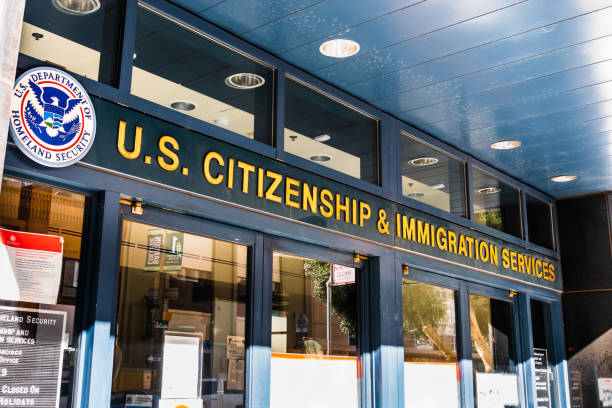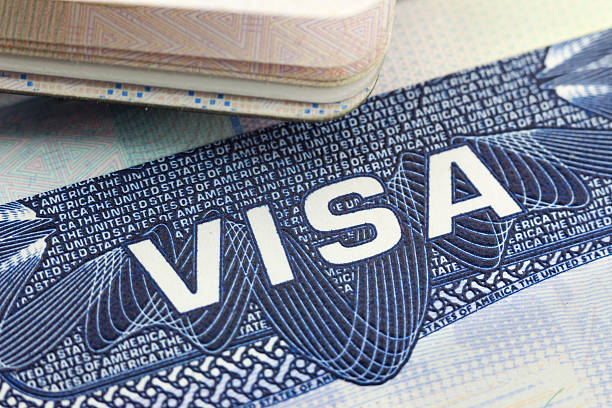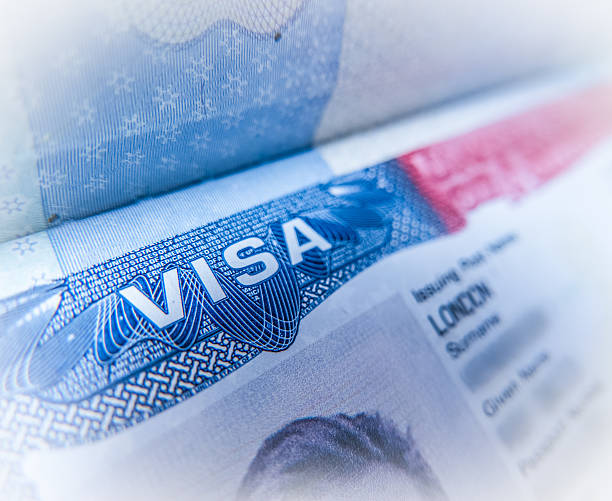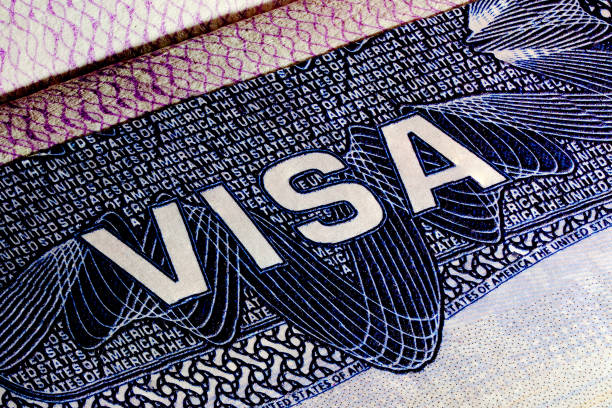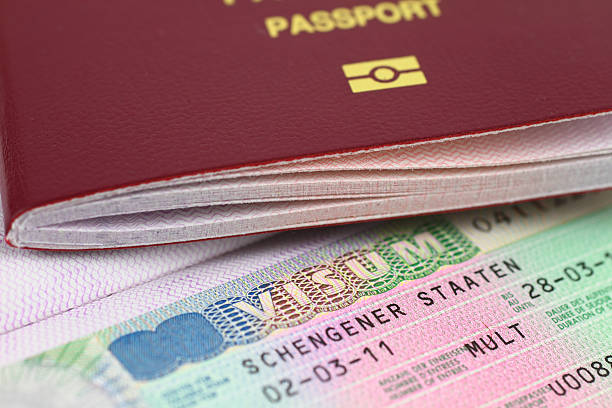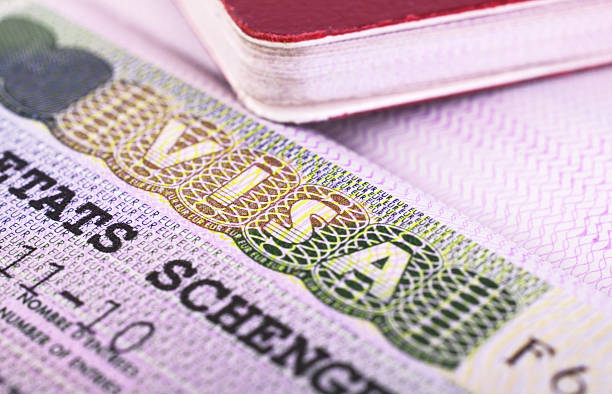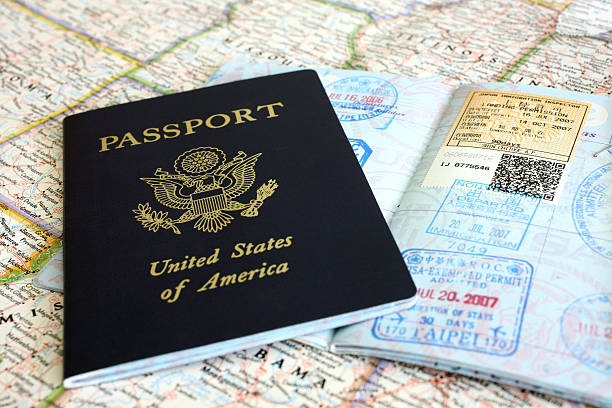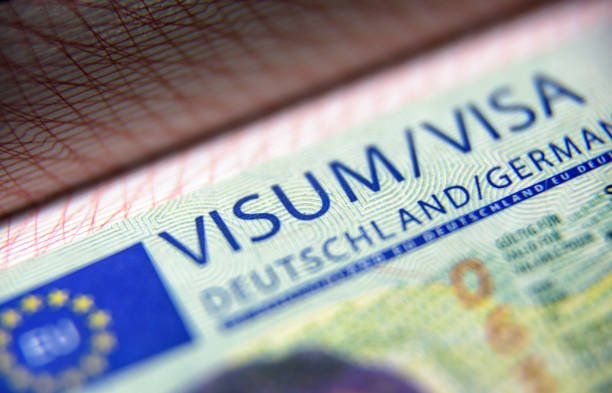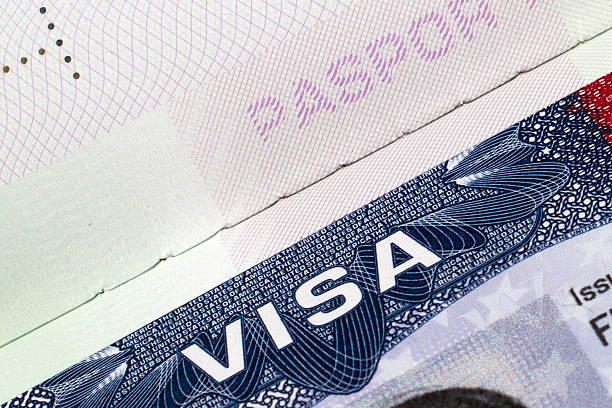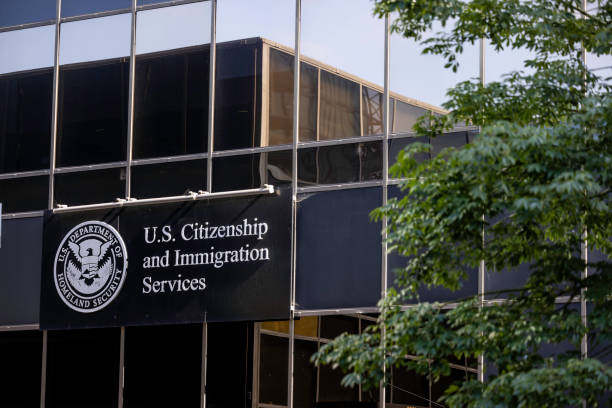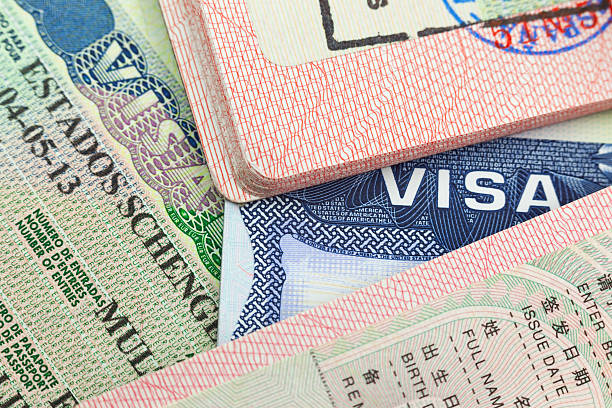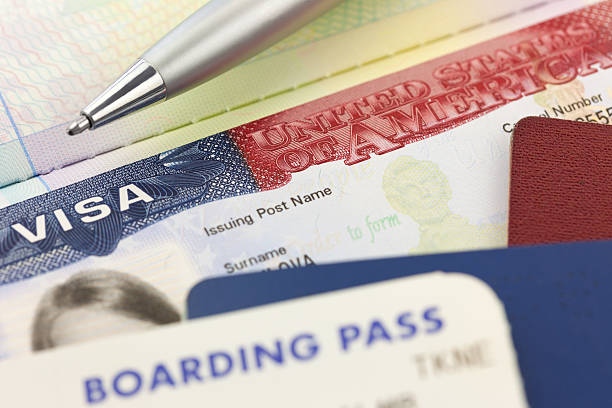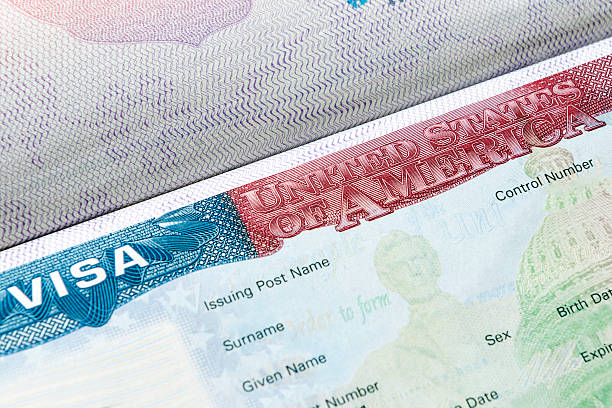
The Future of Work Visas in a Post-Pandemic World
The Future of Work Visas in a Post-Pandemic World
The COVID-19 pandemic has had a profound impact on global economies, workforces, and immigration policies. As countries begin to recover and adapt to the new normal, the future of work visas is expected to undergo significant changes. Understanding these potential shifts can help businesses and individuals navigate the evolving landscape of work visas. Here, we explore the key trends and developments shaping the future of work visas in a post-pandemic world.
1. Increased Focus on Remote Work
The pandemic accelerated the adoption of remote work, leading many businesses to rethink their approach to hiring and managing employees. As remote work becomes more prevalent, there may be a shift in how work visas are issued. Some countries might introduce visa options specifically for remote workers or digital nomads, allowing individuals to work for companies based in other countries while residing in a host country.
For instance, countries like Estonia and Barbados have already introduced digital nomad visas, allowing remote workers to live and work in their countries for extended periods. This trend is likely to expand as more countries recognize the benefits of attracting remote talent.
2. Changes in Visa Processing and Requirements
The pandemic has highlighted the need for more efficient and flexible visa processing systems. Many countries have implemented digital solutions to streamline visa applications and reduce processing times. In the future, we can expect further digitalization of visa processes, including online applications, virtual interviews, and electronic documentation.
Additionally, visa requirements may be adjusted to reflect new realities. For example, some countries may introduce health and safety requirements, such as proof of vaccination or negative COVID-19 test results, as part of the visa application process.
3. Emphasis on Skills and Talent Shortages
The pandemic has exacerbated talent shortages in certain industries, prompting many countries to revise their work visa policies to address these gaps. There may be a greater emphasis on skilled migration programs designed to attract talent in sectors critical to post-pandemic recovery, such as healthcare, technology, and renewable energy.
Countries may implement targeted visa programs that prioritize applicants with skills and qualifications in high-demand areas. This approach can help address skill shortages and support economic growth in key sectors.
4. Greater Flexibility in Visa Conditions
In response to the challenges faced by businesses and workers during the pandemic, some countries may offer greater flexibility in work visa conditions. This could include more adaptable visa terms, such as allowing workers to change employers more easily or extending the duration of stay for work visa holders.
Flexibility in visa conditions can help both employers and employees adapt to changing circumstances and provide a more supportive environment for international workers.
5. Impact on Intra-Company Transfers
The pandemic has affected global mobility, including intra-company transfers. Companies that rely on transferring employees between international offices may face new challenges due to travel restrictions and changing visa requirements.
In response, companies may need to adapt their strategies for managing international talent. This could involve reevaluating transfer policies, exploring alternative arrangements, or investing in technology to facilitate remote collaboration.
6. Increased Importance of Health and Safety Measures
The pandemic has underscored the importance of health and safety in international travel and employment. Future work visa policies are likely to place greater emphasis on health and safety measures, including requirements for health insurance, vaccinations, and adherence to local health regulations.
Employers may also need to implement robust health and safety protocols to protect international workers and ensure compliance with visa requirements.
7. Potential for Policy Divergence
The pandemic has led to varying responses from countries regarding immigration and work visas. As the world recovers, we may see divergent approaches to work visa policies, with some countries adopting more restrictive measures while others pursue more open and inclusive strategies.
Businesses and workers need to stay informed about changes in visa policies and requirements in different countries to navigate the evolving landscape effectively.
8. Greater Emphasis on Regional Cooperation
In the wake of the pandemic, regional cooperation may become increasingly important for managing work visas and migration. Countries within regions such as the European Union or ASEAN may work together to create harmonized visa policies and facilitate mobility within the region.
Regional agreements and collaborations can help streamline visa processes, reduce barriers to mobility, and support economic recovery across neighboring countries.
9. Focus on Economic and Social Integration
The integration of international workers into the local economy and society is likely to receive more attention in the post-pandemic world. Countries may implement measures to support the social and economic integration of work visa holders, including access to social services, language training, and community support programs.
Effective integration can enhance the experience of international workers and contribute to their successful adaptation and contribution to the host country.
10. The Role of Technology in Visa Management
Technology will continue to play a crucial role in managing work visas and facilitating international mobility. Innovations such as blockchain, artificial intelligence, and data analytics may be increasingly used to improve visa processing, enhance security, and streamline administrative tasks.
Adopting technological solutions can help create more efficient and transparent visa systems, benefiting both applicants and immigration authorities.
Conclusion
The future of work visas in a post-pandemic world is expected to be shaped by several key trends, including the rise of remote work, changes in visa processing, and a greater focus on skills and talent shortages. As countries adapt to new realities, businesses and individuals must stay informed and flexible to navigate the evolving landscape of work visas successfully. By understanding these trends and preparing accordingly, you can better manage the opportunities and challenges of international work in the post-pandemic era.








